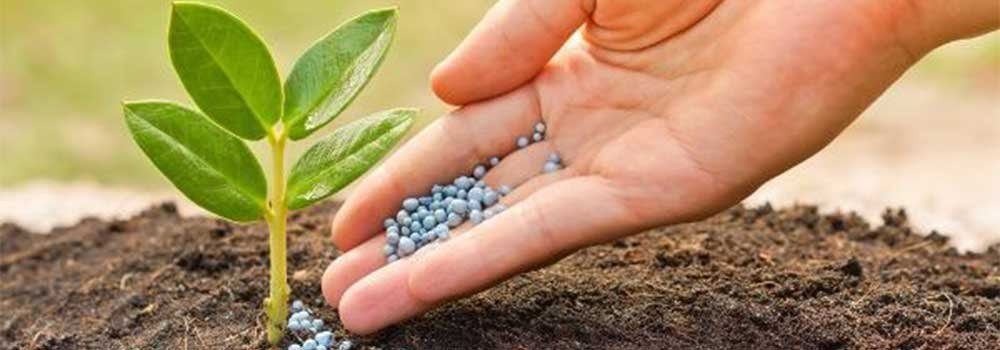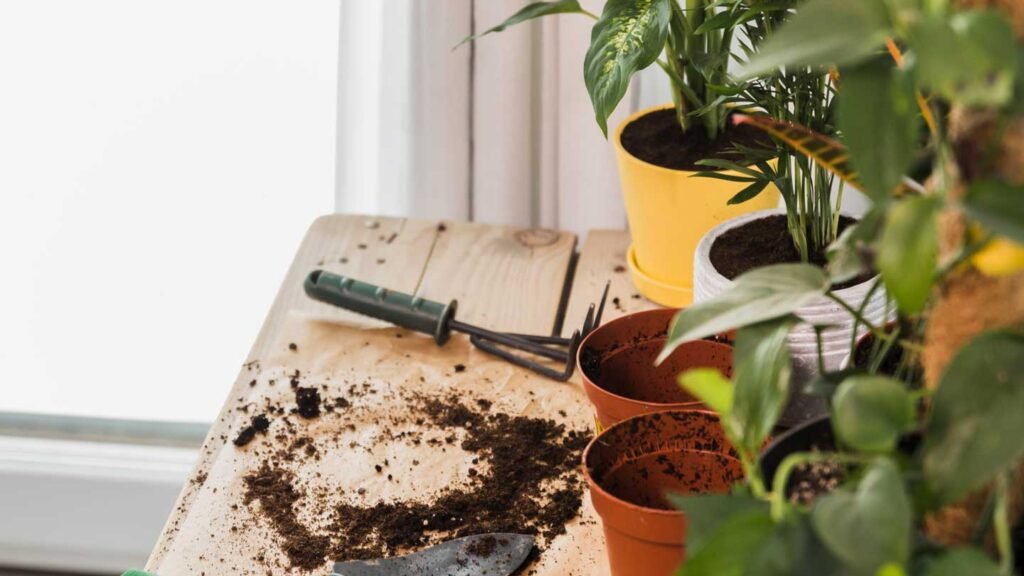Indoor gardening is a golden opportunity to sharpen the skills of an individual, and the success of this is determined through choosing the right soil. From the “world of gardening,” compost soil is an option that you wouldn’t want to miss out on for the sake of giving your indoor plants the best.
Yet, you will not enjoy the full range of the miracle and see the perfect growth if you do not follow these but important tips. In this guide, we will teach you the fundamentals of composting soil for your productivity garden, thus unearthing its uses.
Therefore, let’s learn more on: can you use compost soil for indoor plants?
Choose Quality Compost Soil

Considering the ideal compost soil makes it clear that the indoor garden is expected to be strong. Prefer compost that is a dark rick brown and that falls apart smoothly to show that the material has completely broken down.
Make sure that the compost is odor-free as it may mean an incomplete degradation by microorganisms or those poisonous compounds.
Try not to use compost that seems to be too moist or contains big, visible stain of the organic matter, for sure these are problematic for the roots of those plants and their nutrients absorption ability.
Ensure Proper Drainage
Proper drainage of plants is one of the vital factors for nutrition in the soil. A deficit of oxygen as a result of waterlogged soil can cause significant problems for plant roots, including root rot and other diseases.
To boost drainage effectiveness of your compost soil, blending of dry elements like the perlite, vermiculite, or coarse sand by mixing them into the compost soil will work well.
On the other hand, perforating the bottom of your pots and containers to enable an easy passage of water away from the roots or drip tray is the preferable option.
Monitor Moisture Levels
Watering is an essential provision that needs to be made consistently to the plants in indoor gardens. Overwatering, as an average error, can potentially cause suffocation of the roots and development of fungus in the soil.
By conducting soil moisture levels tests with the helping of moisture meter one will be able to avoid under or over watering plants that will affect overall yield negatively. Different from this, by burying your finger about one knuckle down into the soil.
Tailor your watering frequency to the precise circumstances of each plant variety and the fluctuating environmental circumstances like humidity range and air temperature.
Supplement With Organic Fertilizers

Although the nutrients of compost for indoor plants is enticing, organic fertilizers can support the plant gains and take them to a whole another level. Utilize a well-equilibrium organic fertilizer that has been formulated to suit indoor plants and proceed with application as advised by the producer.
Don’t over fertilize them either, just excess nitrogen can interfere with the absorption of nutrients by leaves and disturb the healthy life of your plants. However, instead, use a soft, but continual technique for fertilization so as to enrich plant life and support the green color of foliage.
Practice Regular Soil Maintenance

To nurture your indoor garden, give it regular soil care. For that, here are some tasks that you can add into your weekly routine. Aerating soil should be done periodically by using any utensil that has sharp tusks or fork because this helps improve air circulation.
Moreover, the topsoil dress with thin compost layer exchanged nutrients and hence increased the soil structure. Perhaps you can put new compost in your pots on a monthly basis to ensure soil fertility and microbial activity is under control.
Conclusion
To summarize, this set of indications introduced above gave you the necessary tools to use compost soil to its full capacity for your indoor garden.
While selecting a quality compost, ensuring good drainage, monitoring the water level, supplementing the soil with organic fertilizers, and practicing regular soil maintenance will help your indoor plants’ survival because they definitely need a place to live.
Therefore, our close companions are at home. Engage in the musical world of compost soil and experience your garden glowing with life and passion which has all been enhanced by your compost soil.




